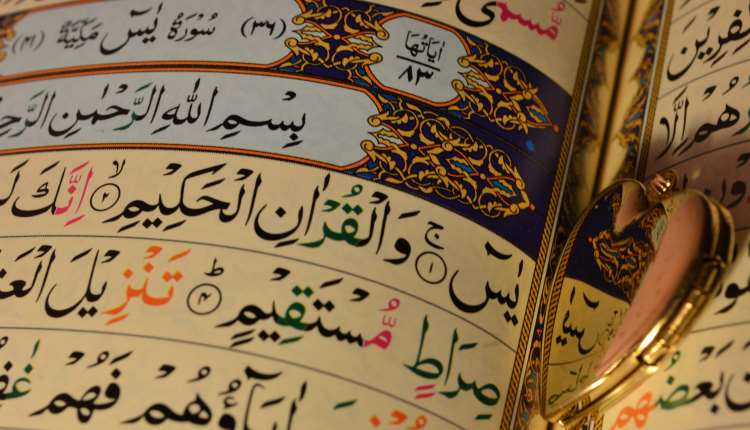About the verse of stoning (Rajm) having been removed from the Quran
I watched an old program on ARY where Dr. Zakir Naik said that there is a Sahih Hadith where Hazrat Umar (RA) said that “we remember that the verse of Rajm (stoning) was present in the Quran during the Prophet’s time”, but it isn’t today!
This might not be the exact wording, but I did check up the Hadith at the time in a software I have and I found it too. What troubles me is that such a statement being a Sahih Hadith, if accepted, questions the authenticity of the Quran we have, and if ignored, brings the credibility of the Sahih Ahadith into question.
I do not want to ask this question to anyone in public since it might mislead them. My belief is firm that Islam is the only Deen and my question is only to help me present my Deen to others and to be prepared to answer their questions.
I have been trying to follow and practice Islam since October 2004 MashaAllah. I mostly listen and read Dr. Zakir Naik’s lectures and books and I find him very good MashaAllah. I have read most of your essays and admire your way of thinking and clarity in conveying your point. I have also seen you on TV and was impressed by your command on Urdu language as well as understanding of the Quran as a whole.
Answer
Dr Zakir Naik inspires me too. The Almighty has gifted him with extraordinary abilities. However, no matter how good a scholar is, there is no guarantee that whatever he would say or do would be correct.
The hadith you heard from Dr Naik is often quoted by our traditional scholars. Their understanding seems to be that authentic ahadith are the very word of the prophet, alaihissalaam, or are an unchallengeable record of what he did. The fact of the matter is that all ahadith, authentic or otherwise, are claims that what has been reported did actually happen. The entire effort of compiling ahadith, even though in some cases undertaken exceptionally carefully, was all along a human effort. All reliable Muslim scholars of the earlier times have agreed that the information contained in ahadith is dhanni (less than certain). Narrators of ahadith were humans like us who could forget, misunderstand, and, at least some of them, could get engaged in transmitting incorrect information for ulterior motives. The information contained in ahadith should therefore always be used carefully. In no way ahadith can take precedence over the Qur’an. If there is an apparent contradiction between the two sources, the Qur’anic verdict must always be accepted as the right one.
It shouldn’t be a problem if questions of the sort you have asked were to be raised in a public forum. People have a right to know what the truth is. If there is confusion in certain matters, such confusion should also be discussed politely. It is not the act of discussing realities that causes problems. It is the policy of hiding realities that creates such evils as ignorance, emotional religiosity, and blind following of the scholars. You seem to be gifted with a good ability to understand matters at a deeper level than many people. I would therefore encourage you to learn more about Islam and to look at the opinions of different scholars to know what the truth about various aspects of our religion is.

